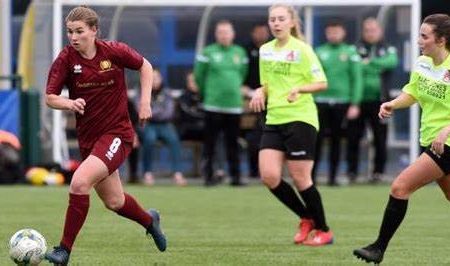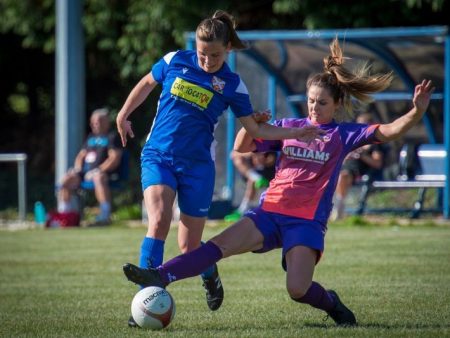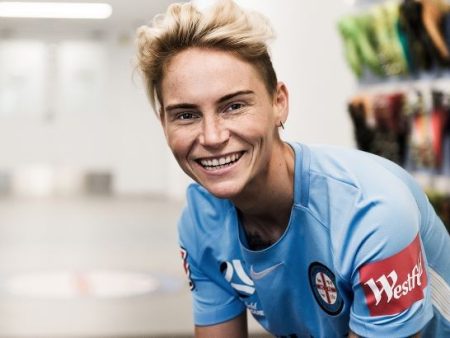The League of Ireland Premier Division, also known as the SSE Airtricity League Premier Division, is the top level division in the League of Ireland and the Republic of Ireland football league system. This division was created in 1985 as a result of the League of Ireland’s reorganisation. In this article, we’ll take a closer look at the history of the Ireland Premier Division.
1980s: Inaugural Years
In the first year of the Premier Division, Shamrock Rovers, Shelbourne, Bohemians, and Dundalk were among the inaugural members, along with eight other clubs. Shamrock Rovers were the first champions, and they retained the title in the 1986-87 season, securing a four-in-a-row of league titles. Dundalk were champions in 1987-88, and Derry City completed a treble in 1988-89 by also winning the League of Ireland Cup and the FAI Cup.
1990s: A Decade of Change
The 1990s saw the re-emergence of St Patrick’s Athletic, which won four titles during the decade. Brian Kerr guided the club to success in 1989-90 and 1995-96, while Pat Dolan and Liam Buckley added further titles in 1997-98 and 1998-99. The 1992-93 season saw Cork City win their first title in dramatic circumstances after a series of three-way play-offs that also involved Bohemians and Shelbourne.
2000s: Shelbourne Dominance
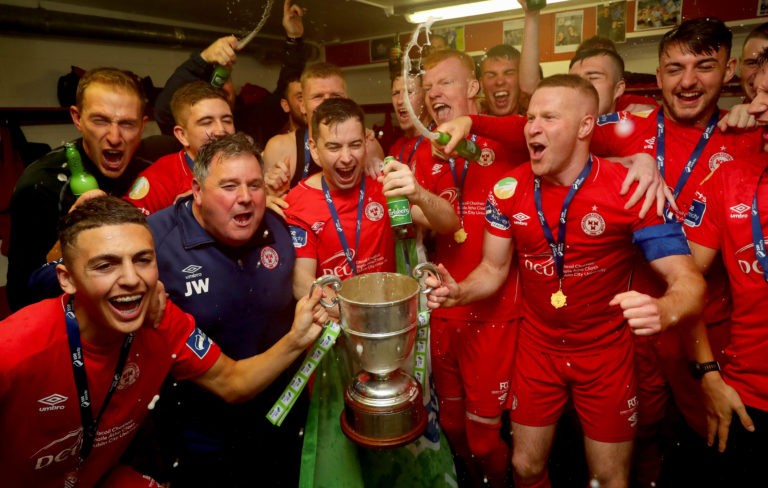
Shelbourne won the first of their five titles in seven years at the turn of the century. Dermot Keely guided Shelbourne to the title in 1999-2000 and 2001-02. Shelbourne won the title in controversial circumstances in 2001-02. They were only declared champions after St Patrick’s Athletic were deducted 15 points for fielding Charles Livingstone Mbabazi while he was ineligible.
In 2003, the Premier Division decided to become a summer league, and Pat Fenlon added further titles in 2003, 2004, and 2006. Fenlon had also been a prominent member of the Shelbourne playing squads in 1999-2000 and 2001-02. As a manager, Fenlon would also guide Bohemians to title successes in 2008 and 2009. Cork City denied Shelbourne a third league title in a row when they claimed their second title in 2005, defeating fellow challengers Derry City in a last game decider at Turners Cross
During the second half of the decade, a number of Premier Division clubs suffered financial difficulties. Shamrock Rovers entered into examinership during the 2005 season, with debts of nearly €3 million, and it was discovered that Rovers were not paying PAYE and PRSI taxes. As a result of these financial irregularities, Rovers were deducted eight points, and the club was relegated to the First Division after they lost the relegation/promotion playoff to Dublin City. This was the first time Rovers’ senior team had dropped out of the top level of the Republic of Ireland football league system since the club had joined the League of Ireland in 1922-23.
During the 2006 season, the Revenue Commissioners took High Court action and threatened to have Shelbourne wound up after the club failed to pay more than €104,000 in outstanding taxes. Shelbourne also struggled to pay its players during the season. Despite winning the title, Shelbourne were subsequently demoted to the First Division due to their financial difficulties. Midway through the season, Dublin City also went out of business and withdrew from the league, unable to complete the season. During the 2008 season, both Cork City and Drogheda United were deducted ten points after going into administration. Following the conclusion of the 2009 season, both Derry City and Cork City were expelled from the League of Ireland. Derry City were accused of making extra payments to players using unofficial secondary contracts, which was against league rules that placed limits on the amount clubs could spend on players’ wages. Cork City had been in serious financial difficulties for several seasons, and its holding company was eventually wound up by the High Court. However, both clubs were effectively reformed and were subsequently allowed to join the 2010 First Division.
2010s: Mixed Fortunes
The 2010s have been a decade of contrasting fortunes for Premier Division clubs. Under Michael O’Neill, Shamrock Rovers finished as Premier Division champions in 2010 and 2011. In 2011, Rovers also made history by becoming the first team in League of Ireland history to qualify for the group stages of the UEFA Europa League. In 2012, Sligo Rovers won their first Premier Division title and their first top-level title in thirty-five years. St. Patrick’s Athletic won their fifth Premier Division in 2013. Under Stephen Kenny, Dundalk emulated Shamrock Rovers, winning the title in 2014 and 2015, before qualifying for the group stages of the 2016-17 UEFA Europa League.
In contrast, three Premier Division clubs – Sporting Fingal, Galway United, and Monaghan United – all withdrew from the League of Ireland. Sporting Fingal also went out of business completely.
Europe: Qualification and Rankings
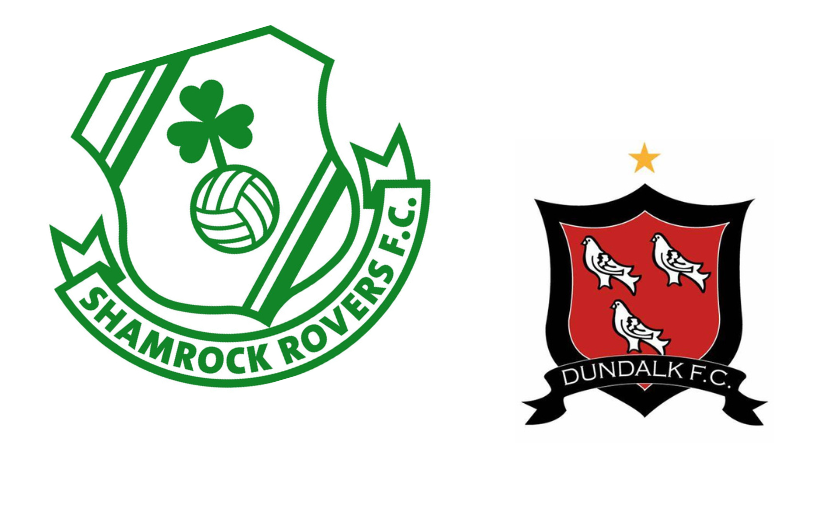
The top team in the Premier Division currently qualifies for the UEFA Champions League first qualifying round. The second-placed and third-placed teams, as well as the winners of the FAI Cup, qualify for the UEFA Europa Conference League first qualifying round. Shamrock Rovers and Dundalk have both qualified for the group stages of the UEFA Europa League. In 2011, Rovers became the first team in League of Ireland history to reach the group stages, and Dundalk repeated the feat in 2016 and 2020.
In 2018, UEFA changed the structure of qualification for the Champions League, giving an extra four automatic qualification spots to the top four leagues in Europe. To compensate for that change, an extra round was added to the qualifying stages of the Champions League and the Europa League, making qualification more difficult for League of Ireland clubs. In 2021, the league had its Europa League qualifying places revoked and replaced by Europa Conference League places as part of UEFA’s restructuring of European football.
The Republic of Ireland is currently ranked 35th for the 2023 season with some potential for improvement. The country coefficient has surpassed three points (3.125) for an individual season, and the 2023 ranking score is now over 10 points (10.125) for the first time ever. Between 1998 and 2010, the league’s place on the coefficient table rose 15 places, the biggest climb of any league in Europe. Its position of 29th in 2010 was also its highest since 1986. Since June 2010, the league’s ranking has declined, and it stood at 43rd place at the end of the 2013/2014 season, a drop of 14 places since 2010 and the league’s worst ranking since 1998. In the 2000s, the Premier Division’s coefficient vastly improved relative to the late 1990s, but at a cost. The introduction of full-time professional football by a number of clubs and the league’s decision to become a summer league in 2003 improved the performance of Premier Division clubs in Europe. Increased fitness levels resulted from both, while full-time professionalism retained Irish players within the league, attracted foreign players to the league, and generally improved the standard of football. At least one League of Ireland club has progressed to the next round of a European competition in every season from 2003 to 2014.
However, the costs associated with professional football and the pursuit of European success have been blamed for the financial difficulties suffered by Premier Division clubs. This period of improvement came to an end in 2010 with the league’s ranking dropping. From 29th in 2010, it dropped to 31st in 2011, 33rd in 2012, 36th in 2013, and 43rd for the 2014 rankings. The league recovered to 40th for the 2015 rankings and finished 41st in the 2016 rankings.
Competition Format
The League of Ireland Premier Division is the top tier of the Republic of Ireland football league system. It comprises ten clubs and runs from February to November. The league follows a quadruple round-robin system where each team plays against the others four times, twice at their home stadium and twice away. Let’s explore the competition format of the Premier Division, including promotion and relegation rules.
Quadruple Round-Robin System
During a season, each club in the Premier Division plays against the others four times, totaling 36 games. This is known as the quadruple round-robin system, which has been in place since the league’s formation in 1985. A win earns a team three points, while a draw earns one point, and no points are awarded for a loss. Teams are ranked by their total points, then goal difference, and then goals scored. If two or more teams have the same points, their head-to-head record is taken into account, including points scored and away goals.
Promotion and Relegation
The Premier Division has had a promotion and relegation system in place with the League of Ireland First Division since its inception. At the end of each season, the bottom team in the Premier Division is automatically relegated to the First Division. Meanwhile, the second-from-bottom team plays a two-legged promotion/relegation playoff against the second-from-top team in the First Division. The winner of this playoff earns a spot in the Premier Division for the next season.
Recent Changes to Promotion and Relegation
In 2008, Cobh Ramblers were relegated directly from the Premier Division to the A Championship, the third tier of Irish football, after they failed to obtain a First Division license. In 2017, the Premier Division underwent significant changes to balance the number of clubs in each division. The bottom three teams in the Premier Division were relegated, and only the First Division champion was promoted to the Premier Division.
In Summary
In conclusion, the League of Ireland Premier Division is a highly competitive football league that has produced some of the best players in the world. The league’s quadruple round-robin system ensures that each team has a fair chance of competing against the others. The promotion and relegation system adds an extra layer of excitement, as clubs fight to maintain their place in the top tier or strive for promotion to the Premier Division. While the league has faced financial difficulties in the past, recent changes have helped to stabilize it and ensure its continued success. With its rich history and passionate fanbase, the Ireland Premier Division is a must-watch for any football fan.
